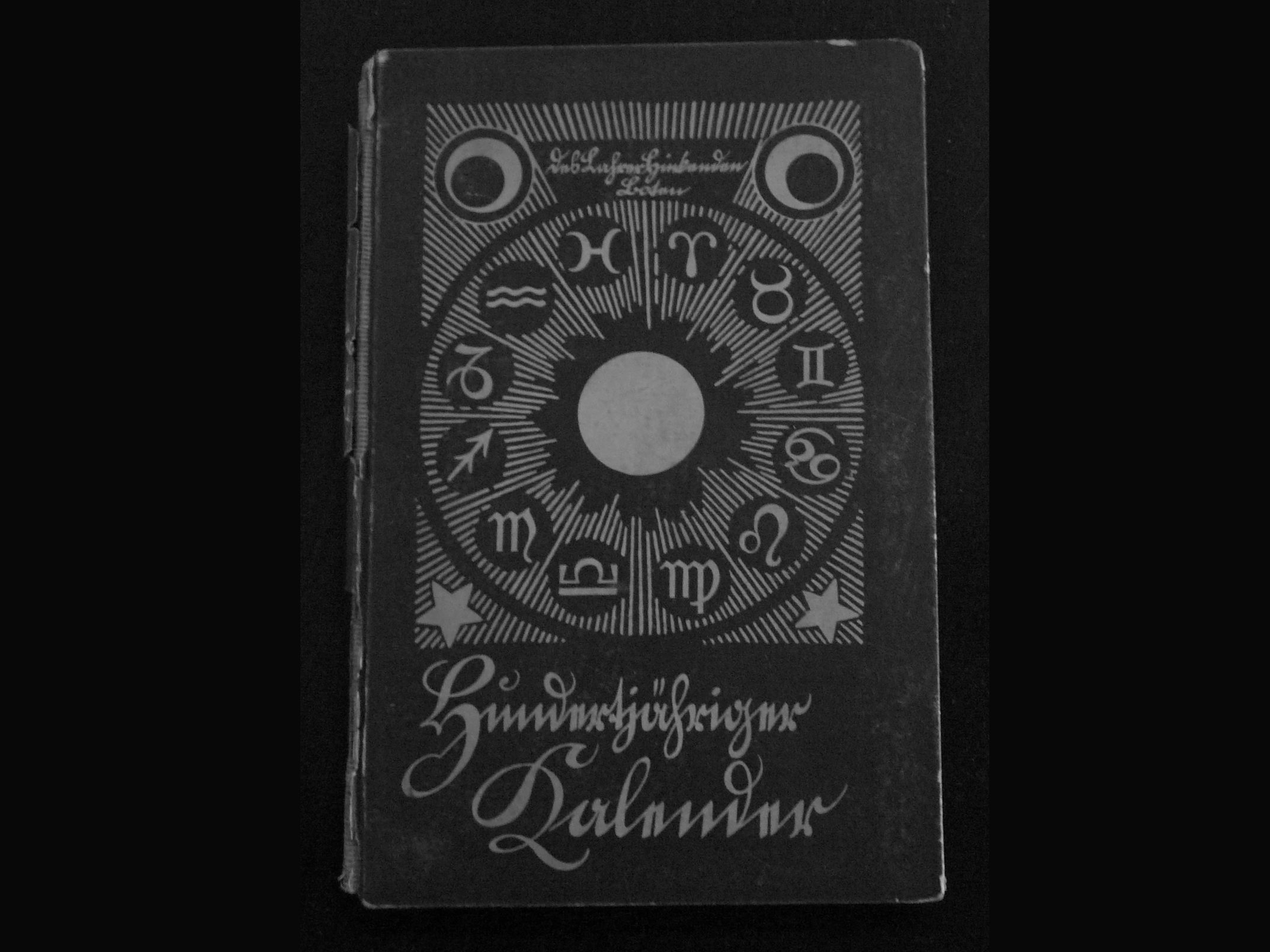Can the 100-Year Calendar Give Us a Dream Summer and a Golden Autumn?

The so-called 100-year calendar originated in the 17th century. It is based on the assumption that weather development is influenced by the celestial bodies known at the time. Each year is assigned a planet that shapes the weather events. Farmers' rules, on the other hand, are observations of nature that have developed over centuries, often linked to specific key dates in the calendar. They are more practical and regionally anchored.
Summer Forecast: What the Siebenschläfer Says
The best-known farmers' rule is probably that of the Siebenschläfertag on June 27. It states: "As the weather is on Siebenschläfertag, so it will remain for the next seven weeks." This sounds simple, but is somewhat tricky in interpretation, as it often involves a large-scale weather pattern that stabilizes around this time. Experts often interpret the Siebenschläfer as an indication of whether the summer will be more stable or changeable. A beautiful Siebenschläfertag therefore gives hope for a longer friendly summer period.
And What About Autumn?
But we are not only interested in summer. Autumn will eventually be upon us as well. Are there predictions and farmers' rules for that too? Yes, there are interpretations for autumn as well. Some interpretations of the 100-year calendar and certain farmers' rules point to the possibility of an unusually mild autumn. This could mean that we can look forward to pleasant temperatures in September and perhaps even in October and November. A long, warm transition to winter would be the result.
Can You Rely on It?
It is important to emphasize that both the 100-year calendar and the classic farmers' rules are not scientifically based weather forecasts in the modern sense. They are historical attempts at interpretation or rules of thumb based on regional experiences. They do not replace the precise forecasts of meteorology with satellites and computer models. But they offer a fascinating insight into old traditions and the way people used to try to understand and predict the weather.
Whether you believe in these old wisdoms or not – they offer an exciting topic of conversation and an interesting perspective on nature. The idea of a stable summer after the Siebenschläfer and a potentially warm autumn sounds tempting, doesn't it?
This article has been automatically translated, read the original article here.





